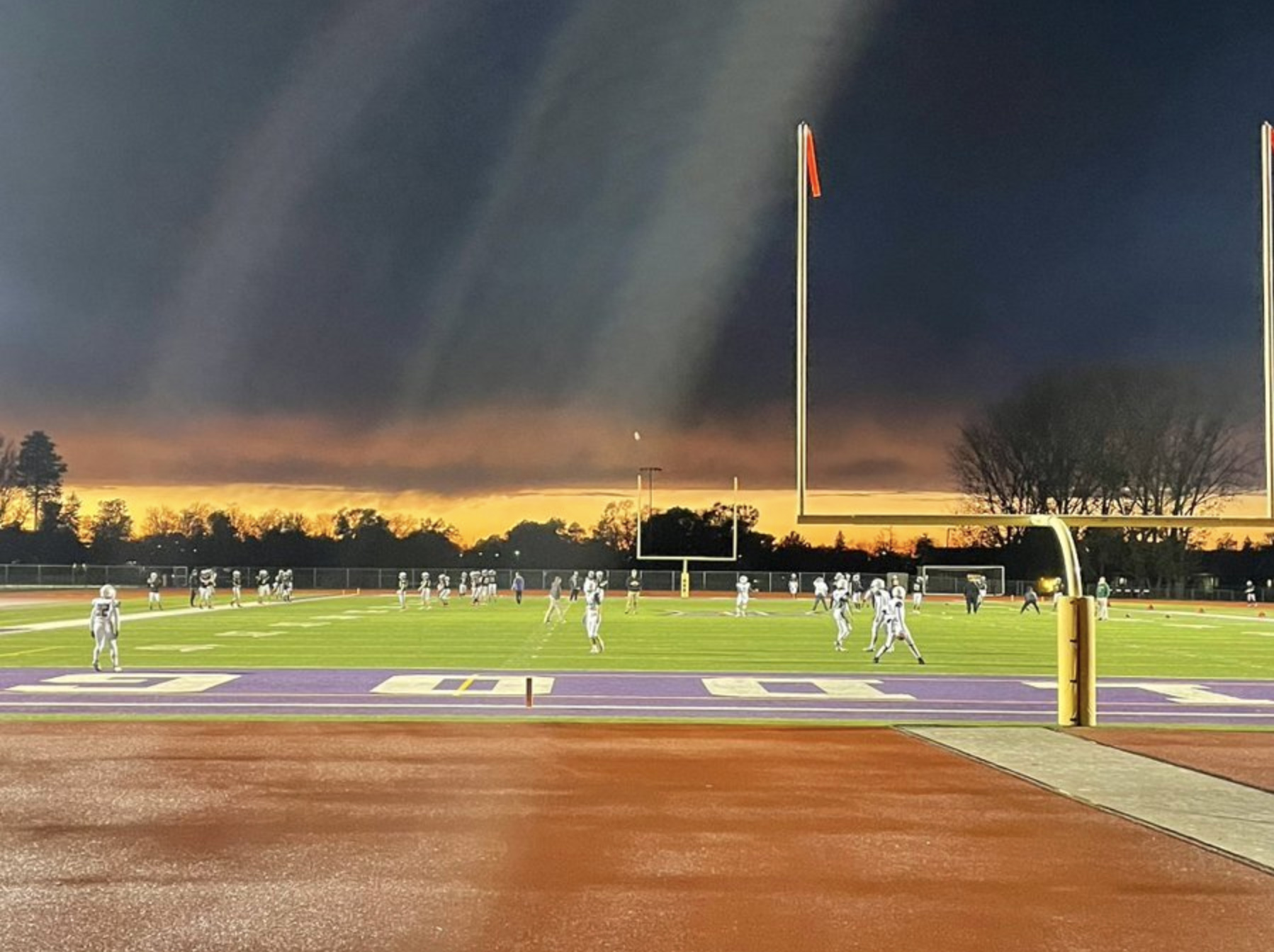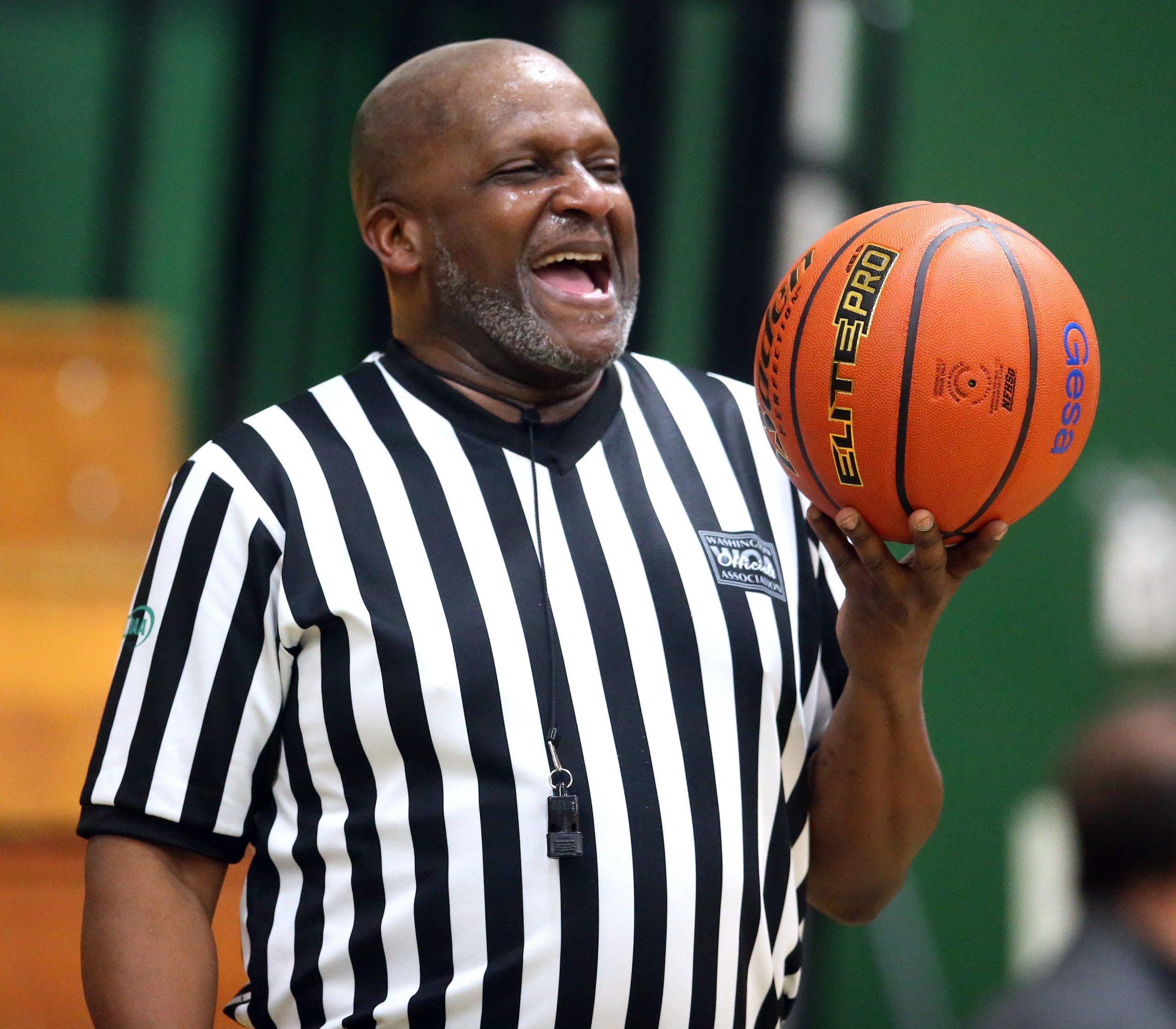News
What is Sportsmanship?
by rstteam
All Together-- Putting the Spirit of Sportsmanship in Action
FUNDAMENTALS
Everyone needs to do their part
- Show respect for the opponent at all times
- The opponent should be treated as a guest. Good sportsmanship is the Golden Role in action.
- Show respect for the officials
- The officials should be recognized as impartial arbitrators who are trained to do their job and who can be expected to do it to the best of their ability. Good Sportsmanship implies the willingness to accept and abide by the decisions of the officials.
- Know, understand and appreciate the rules
- Good sportsmanship suggests the importance of con forming to the spirit as well as the letter of the rules.
- Maintain self-control at all times
- A prerequisite of good sportsmanship requires one to understand his/her own bias or prejudice and to have the ability to recognize that rational behavior is more important than the desire to win. Good sportsmanship is concerned with the behavior of all involved in the game.
- Recognize and appreciate skill in performance regardless of affiliation
- The ability to recognize quality in performance and the willingness to acknowledge it without regard to team membership is one of the most highly commendable gestures of good sportsmanship.
PLANNING
Be prepared
- Inform student body of expected behavior at an athletic contest
- Assign someone to be in charge.
- Insure traffic flow prior to and following the event.
- Designate an area for officials to dress which is away from the players.
- Have seating for the visiting school clearly marked. Supply ample space for spectators, band and rally squad.
- Have a representative greet the opposing team and show them to their dressing room.
- Inform coaches, players, students and rally squads that the visiting team and spectators are your guests and should be treated as such.
- Communicate with opposing school prior to the event.
- Establish duties and responsibilities for Parents’ Clubs and Booster Clubs.
PARENTS
Your example is being watched
The responsibility of PARENTS and other ADULTS before, during and after an athletic contest is to SET AN EXAMPLE OF MATURE BEHAVIOR. It is recommended that all adults:
- Treat all people with RESPECT.
- Give young people an example to follow.
- Aid school officials or parent club if disturbances occur— YOU ARE A COMMUNITY LEADER
- Support the coach, team and school in a positive manner.
- Know and understand the rules of the game.
- Respect the officials’ judgment and interpretation of the rules.
- Abide by the school district policies which prohibit drinking alcoholic beverages and smoking at an athletic contest.
- Respect the player’s efforts, win or lose.
- Accept both victory and defeat with pride and compassion, being never boastful or bitter.
Parent help is needed!
STUDENTS
Students—do your part!
Student habits and reactions determine the quality of sportsmanship which reflects upon the reputation of their school. Therefore, it is recommended that they
- Know and demonstrate the fundamentals of sportsmanship.
- Respect, cooperate and respond enthusiastically to cheerleaders.
- Censure fellow students whose behavior is unbecoming and unsportsmanlike.
- Respect the property of the school and the authority of school officials.
- Show respect for an injured player when he is removed from the contest
- Do not applaud errors by opponents or penalties inflicted upon then.
- Do not heckle, jeer or distract members of the opposing team.
- Never criticize the players or coaches for the loss of a game.
- Respect the judgment and strategy of the coach.
- Avoid profane language, suggestive gestures and obnoxious behavior.
To succeed—your help is needed!
RALLIES
The responsibility of the cheerleaders is to lead positive, well chosen, timely cheers which boost their own team without antagonizing their opponents.
- Always set a good example for spectators to follow.
- Greet the visiting rally squad and treat them as your guests.
- Stimulate and control positive crowd response.
- Choose the right cheers at the right time.
- Be certain that words or gestures used in a cheer do not suggest or inflame the audience.
- Avoid using bells, horns or noisemakers.
- Divert the crowd’s attention by starting a popular yell when booing develops.
- Remain silent when the other school does an organized cheer or free throw.
- Signs may be displayed by the home school only. The signs should be of the “welcome” type and should not be antagonistic to the opponent.
- Make sure your audience knows the yells you expect them to follow.
- Do not choose yells which require foot stamping as this causes damage to the bleachers.
Show us how!
COACHES
You’re the leader
The coach bears the greatest burden of responsibility for sportsmanship. Your influence upon the attitudes and behavior of the players, the student body and the community are unequalled. In order for good sportsmanship to become a reality, it is essential that the coach subscribe to the values of sportsmanship and teach its principals through word and deed. Specifically, it is recommended that the coach:
- Always set a good example for others to follow by exercising emotional control when under stress.
- Instruct the players in their sportsmanship responsibilities.
- Discipline those students who display unsportsmanlike behavior, if necessary; forfeit the privileges of representing the school.
- Be a good host to opponents; treat them as guests.
- Provide opportunities for social interaction among coaches and players of both teams before and after the contest.
- Respect the officials’ judgment and interpretation of the rules.
- Publicly shake hands with the officials and opposing coach before and after the contest.
- Be sensitive to explosive situations; remove a player from a contest before serious difficulty arises.
How you play the game
PLAYERS
Play hard
The responsibility of the players for sportsmanship is second in importance only to the coach. Because players are admired and respected, they exert a great deal of influence over the actions and behavior of the spectators. Desirable behavior for the players would be to:
* Treat opponents with the respect that is due them as guests and fellow human beings.
* Shake hands with opponents and wish them good luck before the contest.
* Exercise self-control at all times, accepting decisions and abiding by them.
* Respect the officials’ judgment and interpretations of the rides. Never argue or make gestures indicating a dislike for a decision.
* Do not communicate with the officials regarding the clarification of a ruling. This is a function for the captain.
* Accept both victory and defeat with pride and compassion, being never boastful or bitter.
* Congratulate the opponents in a sincere manner following either victory or defeat.
* Accept seriously the responsibility and privilege of representing the school and community.
Demonstrate good sportsmanship!
ALL TOGETHER
The Sportsman’s Creed
The player:
- Lives clean and plays hard. Plays for the love of the game.
- Wins without boasting. Loses without excuses and never quits.
- Respects officials and accepts their decisions without question.
- Never forgets that he/she is a representative of the school.
The coach:
- Inspires in players a love for the game and the desire to win.
- Teaches them that it is better to lose fairly than to win unfairly.
- Leads players and spectators to respect officials by setting them a good example.
The official:
- Knows the rules.
- Is fair and firm in all decisions. Calls them as he/she sees them.
- Treats players and coaches courteously and demands the same treatment for themselves.
- Knows the game is for the players and lets them have the spotlight
The spectator
- Never boos a player or official.
- Appreciates a good play no matter who makes it.
- Knows that the school gets the blame or the praise for your conduct.
We need Officials in Washington!!
by rstteam
 Could you use some extra income? We could use some extra help. Sign up to become a middle and/or high school official today! Earn a few extra bucks, fill a critical need, and have a lot of fun too! #BecomeAnOfficial
Could you use some extra income? We could use some extra help. Sign up to become a middle and/or high school official today! Earn a few extra bucks, fill a critical need, and have a lot of fun too! #BecomeAnOfficial
http://www.washingtonofficials.com/






